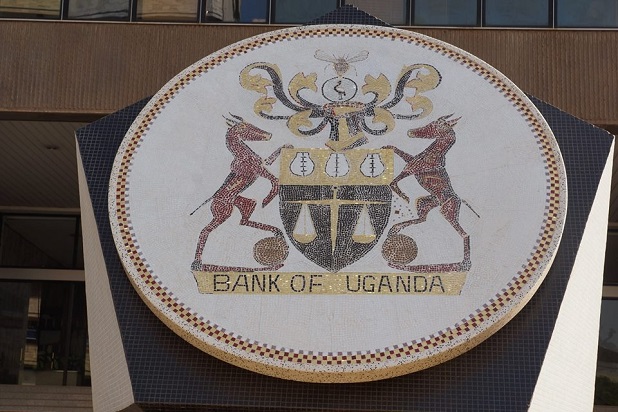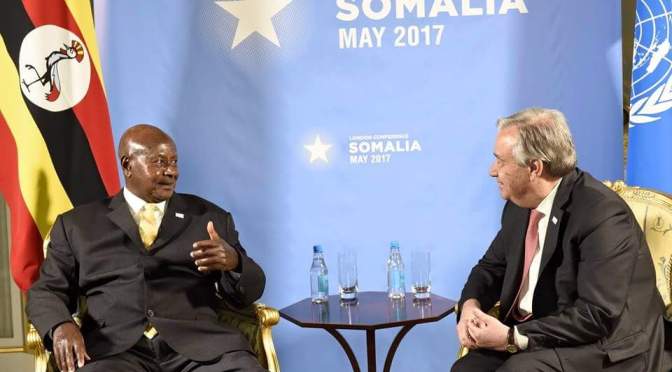Minister for Gender, Labour and Social Development. Hon. Amongi Betty Ongom (second row, second from left) with other Ugandan delegates at the international Labour Conference underway at Geneva, Switzerland
The Minister for Gender, Labour and Social Development, Hon. Amongi Betty Ongom has called for stronger efforts at domestic and global level to help recover back jobs that were lost at the onset of the COVID-19 pandemic.
While addressing the ongoing 110th Session of the International Labour Conference of the International Labour Organisation (ILO) in Geneva, Switzerland today Wednesday, the Minister appealed for closer collaboration between the global economies in pursuit of polices for recovery of jobs and creation of new ones.
“Jobs don’t just happen. Given the interconnectedness of our economies, the path to recovery of growth with jobs calls for both domestic and global efforts. This we must do, through implementing the Decent Work Agenda in the recovery plans.” She noted.
The Minister’s statement came against the backdrop of ILO Director General’s report which indicated that about 112 million fulltime jobs lost during the pandemic are yet to be recovered.
“Am glad that the report invites developed countries to be placed at the centre of the reconstruction and recovery agenda, an integrated structural transformation strategy that prioritizes reduction of inequality in Least Developed Countries.” Amongi noted.
“Therefore, global efforts to employment creation should recall that the one-size-fits-all approach has failed in the past. We call for partnerships and respect of individual country’s ownership in designing recovery plans.” She added.
The Minister, however, regretted the Russia-Ukraine conflict, which she said is undermining global reconstruction and recovery Agenda, disrupting economic activity and also causing job losses.
She appealed for a speedy and peaceful resolution of the conflict within the framework of a global consensus.
She enumerated some of the measures the Government of Uganda has undertaken to mitigate the effects of COVID-19 and stimulate job creation, including: a Cash transfer scheme for households that lost employment income due to COVID-19; Promotion of Apprenticeship programmes; and Support to the private sector through provision of low interest stimulus credit.
Other measures are: Women specific credit and financial support under the World Bank grant for women business totaling US dollars 250m; Low interest agricultural credit support to rural communities; and amendment to allow partial withdrawal by members from their social security retirement funds to help them mitigate the impact of COVID-19.
The Minister observed that Uganda welcomes the discussion on social and solidarity economy, which seeks to prioritise simultaneously social and financial profitability as well as the inclusion of safe and healthy working conditions in the ILO’s framework of fundamental principles and rights at work.
“Uganda appreciates focus on lifelong learning and skilling and support the efforts towards setting standards of quality apprenticeships, addressing informality and gender inequality issues in the world of work.” She said.
Amongi congratulated the outgoing ILO Director General, Guy Ryder, for his distinguished service since 2012. The next Director-General will be Gilbert F. Houngbo from Togo. He will also become the first African to hold the post.
The Minister is leading the Uganda delegation that among others includes the Permanent Secretary Ministry of Gender, Labour and Social Development, Aggrey David Kibenge, the Director Labour, Martin Wandera and a host of leaders from the Worker’s Unions.





